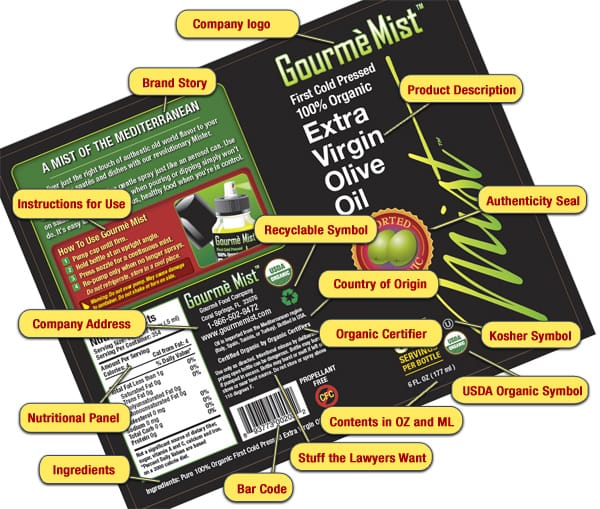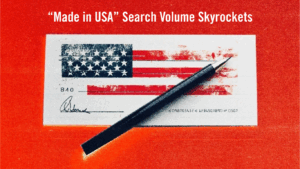I see far too many sellers starting with their own label on Amazon who seem to be under the impression that an ASIN sticker and a plastic bag constitute sufficient packaging.

Image credit:
First, it’s not – there are packaging and labeling requirements as set by the Federal Trade Commission (FTC) in the US. Second, by not packaging your product appropriately, you show customers that you’re not a serious brand owner and open yourself to a host of customer complaints that can have serious negative consequences for your fledgling brand and cause damage to your Amazon account. And lastly, by not utilizing the tools available to you, quality packaging design and frustration free packaging certification through Amazon, you open yourself wide to other sellers hijacking your listing with their own knockoffs when you start to become successful with your product(s).
From a regulatory perspective, the FPLA, or Fair Packaging and Labeling Act, requires the following in a label:
- Product Description/Name
- Manufacturer Name/Importer Name (website is fine)
- The total quantity or weight of the product contained (metric units are fine, but only if Imperial is also used)
In addition, U.S. Customs and other FTC regulations require disclosure of country of origin in most cases, so “Made in [wherever]” should also be considered mandatory.
Note on regulatory enforcement: The Food and Drug Administration (FDA) administers the FPLA with respect to foods, drugs, cosmetics, and medical devices. The FTC administers the FPLA with respect to other “consumer commodities” that are consumed or expended in the household. Many products that are exempt from the FPLA nevertheless fall within the purview of the Weights and Measures laws of the individual states.
If you’re still on the fence about whether your products need to be appropriately labeled, here is the Commission’s view of who is affected by the rule (bolded for emphasis): “[They] cover every company in the economy that produces consumer commodities other than those commodities falling within the authority of other agencies or otherwise outside the Act’s or Rules’ scope.”










